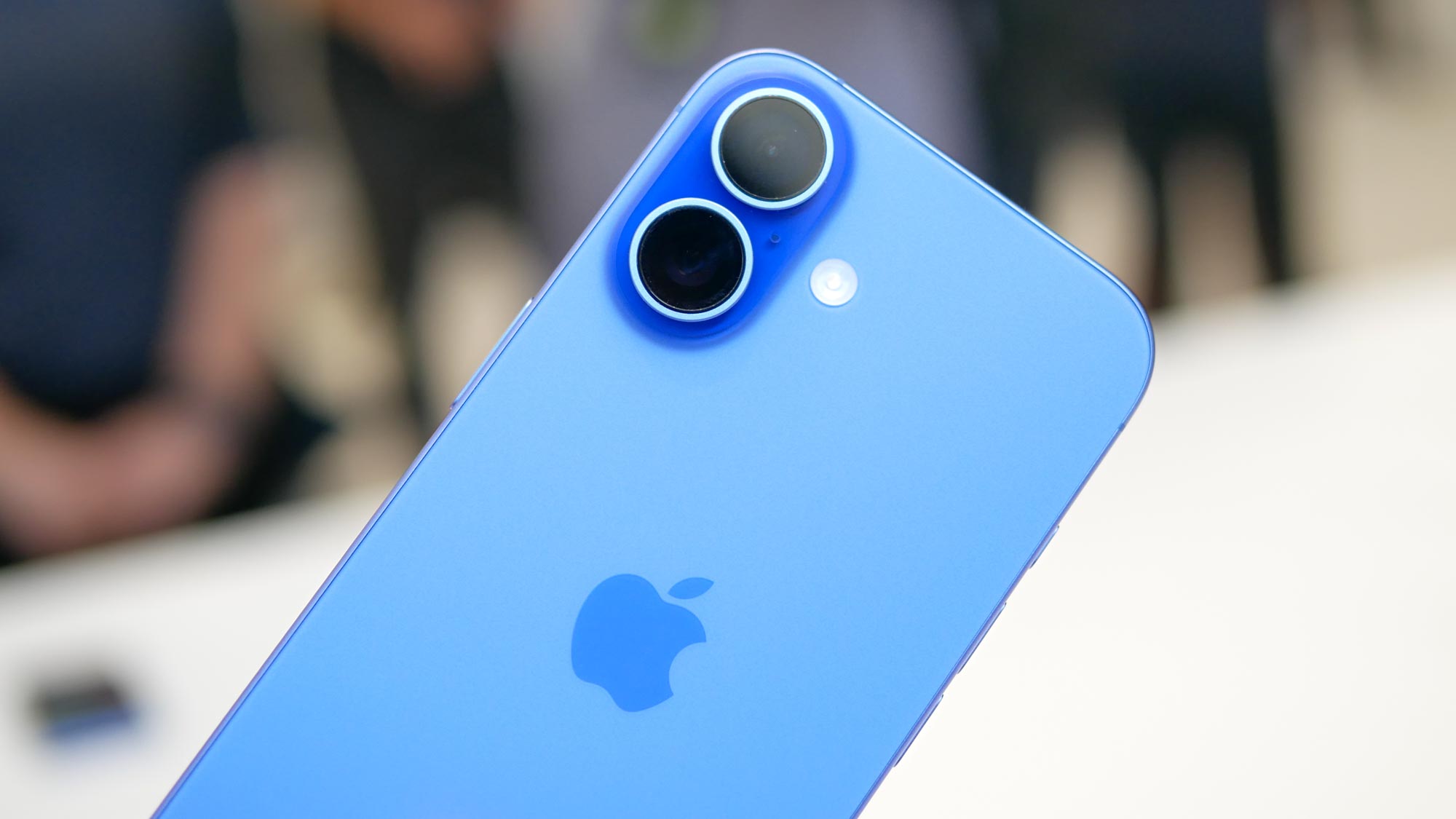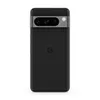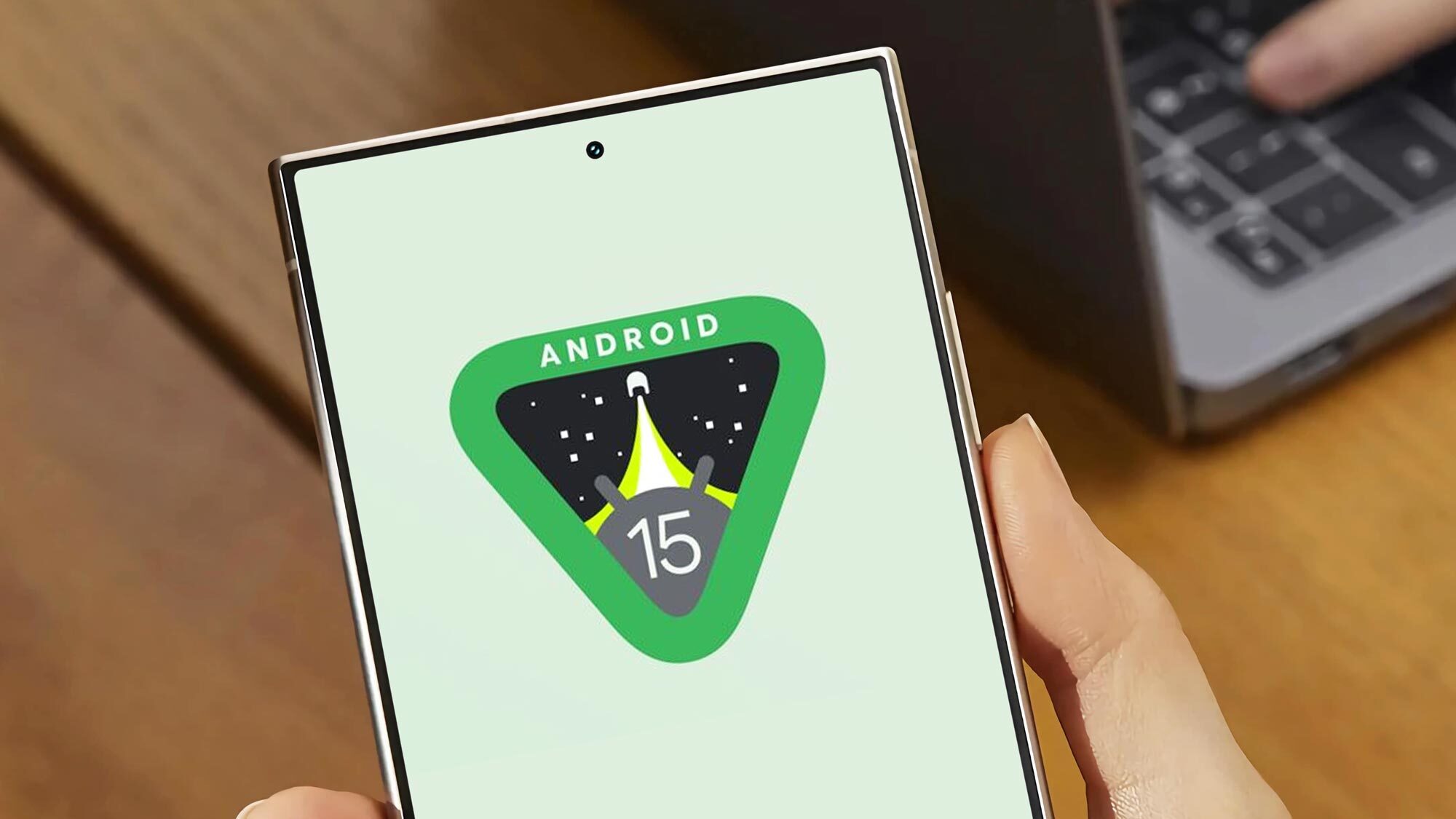iOS 18 Activation Lock will make your stolen iPhone worthless to thieves — here’s how
Stolen parts are now tied to your Apple account

Earlier this year Apple announced some changes to its self-repair program, designed to offer support for repairs using genuine iPhone parts. This also involved extending the Activation Lock feature to all iPhone parts, and this new feature has officially landed as part of iOS 18.
BetaProfiles noted this change in the Release Candidate build of iOS 18 just released to the developer and public betas. The change means that Activation Lock links all your iPhone’s components, like batteries and cameras to your Apple Account. The point is to try and kill off the black market for iPhone parts, which sees the sale of parts taken out of stolen iPhones. Because even if the phone is locked down, the parts are still worth something.
Though how long that will be the case is unclear. Activation Lock works by tying individual component serial numbers to your account. If an iPhone undergoing repair is detected with parts that have come with an iPhone with Lost Mode or Activation Lock enabled, then calibration will be restricted.
As we’ve seen in the past Apple has placed a bunch of hoops and obstacles in the iPhone repair process. This includes software-based calibration that requires a specialist piece of software — and a connection to an Apple server. In the past Apple has been accused of using these barriers to crack down on third party repairs, and we’ve seen in previous years that certain components like Face ID will straight-up refuse to work if they haven’t been officially calibrated.
The rise of phone companies offering self repair, and the increasing efforts made by right to repair activists mean that iPhone repairs can be done by anyone. That includes calibration, though you do need to communicate with Apple to get it sorted.
In theory Activation Lock should prevent calibration from happening on any stolen parts that are detected. Which effectively makes those parts either useless or a lot less valuable than they otherwise would be.
It’s nice to see that there’s now a big obstacle in the way to prevent thieves from profiting from stolen phones.
No doubt some intrepid criminals will be looking for ways to crack Apple’s security. But it’s nice to see that there’s now a big obstacle in the way to prevent them from profiting from stolen phones.
Sign up to get the BEST of Tom's Guide direct to your inbox.
Get instant access to breaking news, the hottest reviews, great deals and helpful tips.
Whether that will translate to a drop in stolen iPhones isn’t something we can predict, though it may cause an increase in those threatening messages criminals send to try and coerce people into unlocking stolen iPhones. But hey, anything that stops them from making money from your stolen devices is probably a good thing.
Let’s just hope Apple hasn’t snuck in some nasty surprises for self-repairs using legitimate parts in the process.
More from Tom's Guide
- iPhone 16 pre-orders start today — and the Apple store is down in anticipation
- The latest iOS 18.1 beta has accidentally disabled one of its key features
- 4 reasons to buy iPhone 15 over iPhone 16 — and what you’re giving up

Tom is the Tom's Guide's UK Phones Editor, tackling the latest smartphone news and vocally expressing his opinions about upcoming features or changes. It's long way from his days as editor of Gizmodo UK, when pretty much everything was on the table. He’s usually found trying to squeeze another giant Lego set onto the shelf, draining very large cups of coffee, or complaining about how terrible his Smart TV is.










